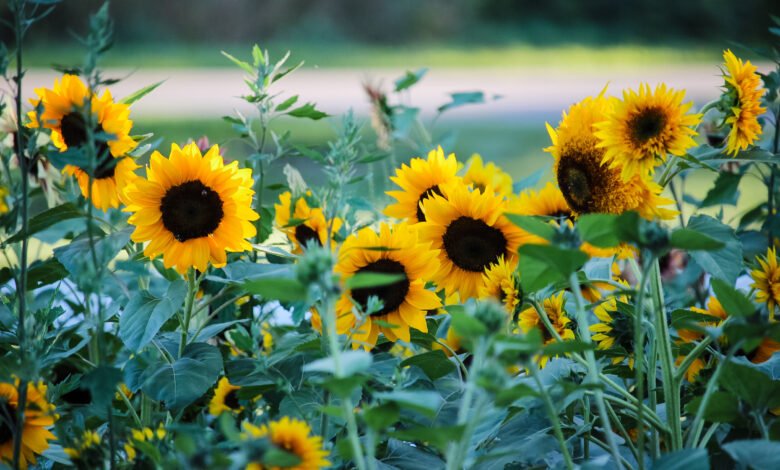
Tanzania’s sunflower sector industrialization efforts have been hindered by a deal to bulk-source high-yield seeds for its one million sunflower farmers for the 2023/2024 growing season.
The African Development Bank (AfDB) provided funding for the 700 tons of hybrid seeds, which were expected to produce yields and oil up to 65% higher than those of traditional kinds. For the October-starting growing season, the government intended to supply the seeds at reduced costs.
Nevertheless, securing the supply has proven challenging due to a shift in the approach regarding the utilization of hybrid seeds.
Tanzania has made significant investments in sunflower processing in an effort to minimize its significant annual imports of edible oil, which range from $90 million to $250 million.
In an effort to support regional oil producers, the government has also taken steps to impose tariffs on the import of edible oil and to eliminate VAT from equipment used to manufacture sunflower oil.
The scarcity of indigenous raw materials and their comparatively high cost, which stems from farmers’ low yields, are nevertheless impeding processors.
Over the past decade, public and private sectors have designed, tested, and released four hybrid seeds, but their adoption has been weak.
The bulk purchase of subsidised hybrid seeds aims to boost farmers’ adoption, expand the processing sector, and create thousands of new jobs.
The Tanzanian government has chosen a new seed industry entrant to supply 700 tonnes of a hybrid seed, currently registered and used in India.
The Indian Directorate of Oilseeds Development (DOD) has since registered 18 hybrid sunflower seeds, but only one of them is unregistered with yield and oil content information.
India’s recommendation for sunflower seeds is not ideal, but due to high availability and price reductions, a new seed industry entrant offers lower prices than established suppliers.
The purchase of stockpiled Indian seed is still in negotiation and has not arrived before the season, necessitating new distribution partnerships and networks for delivery.
Tanzanian farmers face uncertain seed availability before early 2024 planting, necessitating storage until the 2024/2025 season.
Market specialists have noted that the 500 tonnes of new seed stockpiles in India, which led to price cuts, have slowed the completion of the 700 tonne order.






Your point of view caught my eye and was very interesting. Thanks. I have a question for you. https://accounts.binance.com/bn/register-person?ref=UM6SMJM3
Thanks for sharing. I read many of your blog posts, cool, your blog is very good. https://www.binance.info/en/register?ref=JHQQKNKN
Your article helped me a lot, is there any more related content? Thanks!